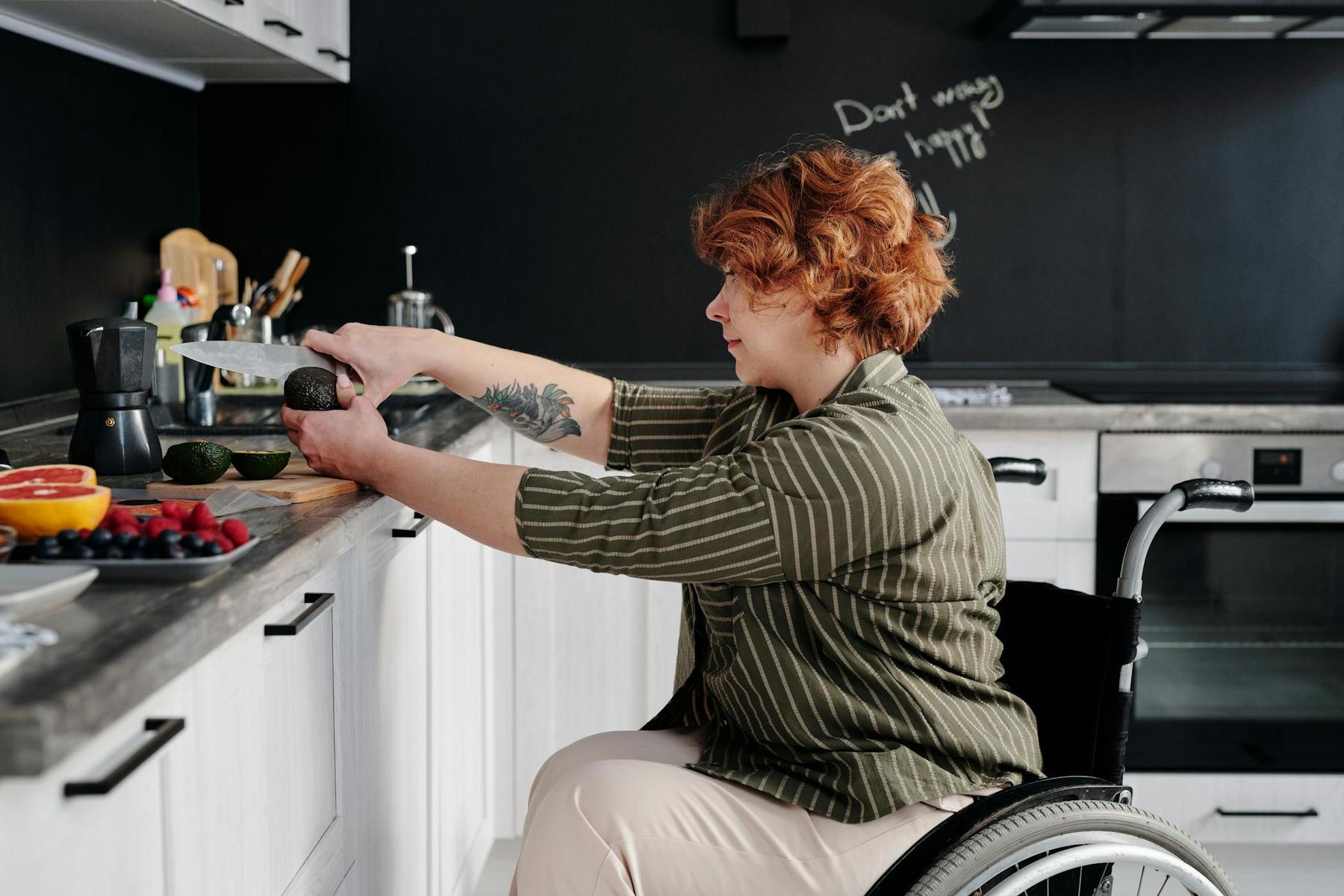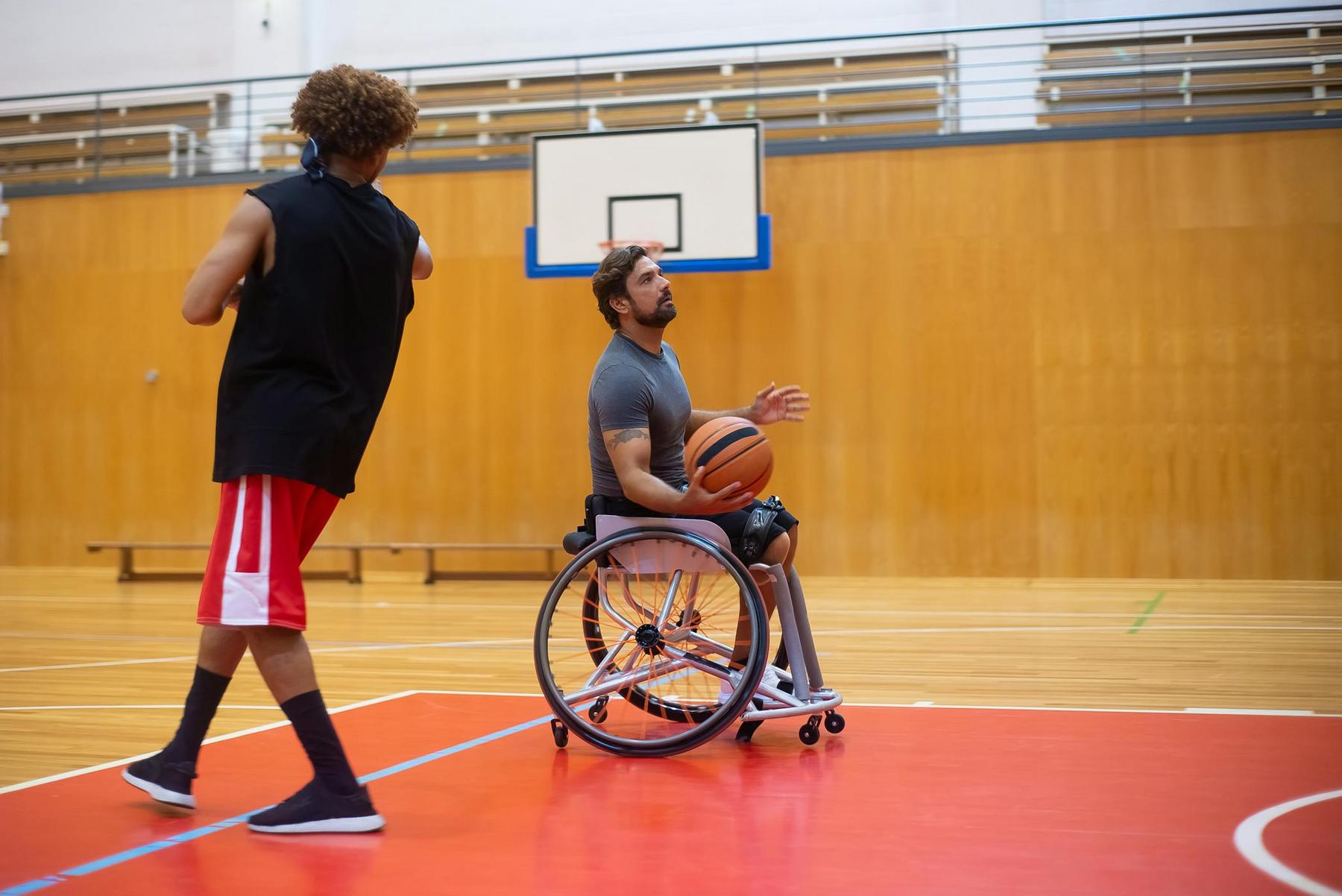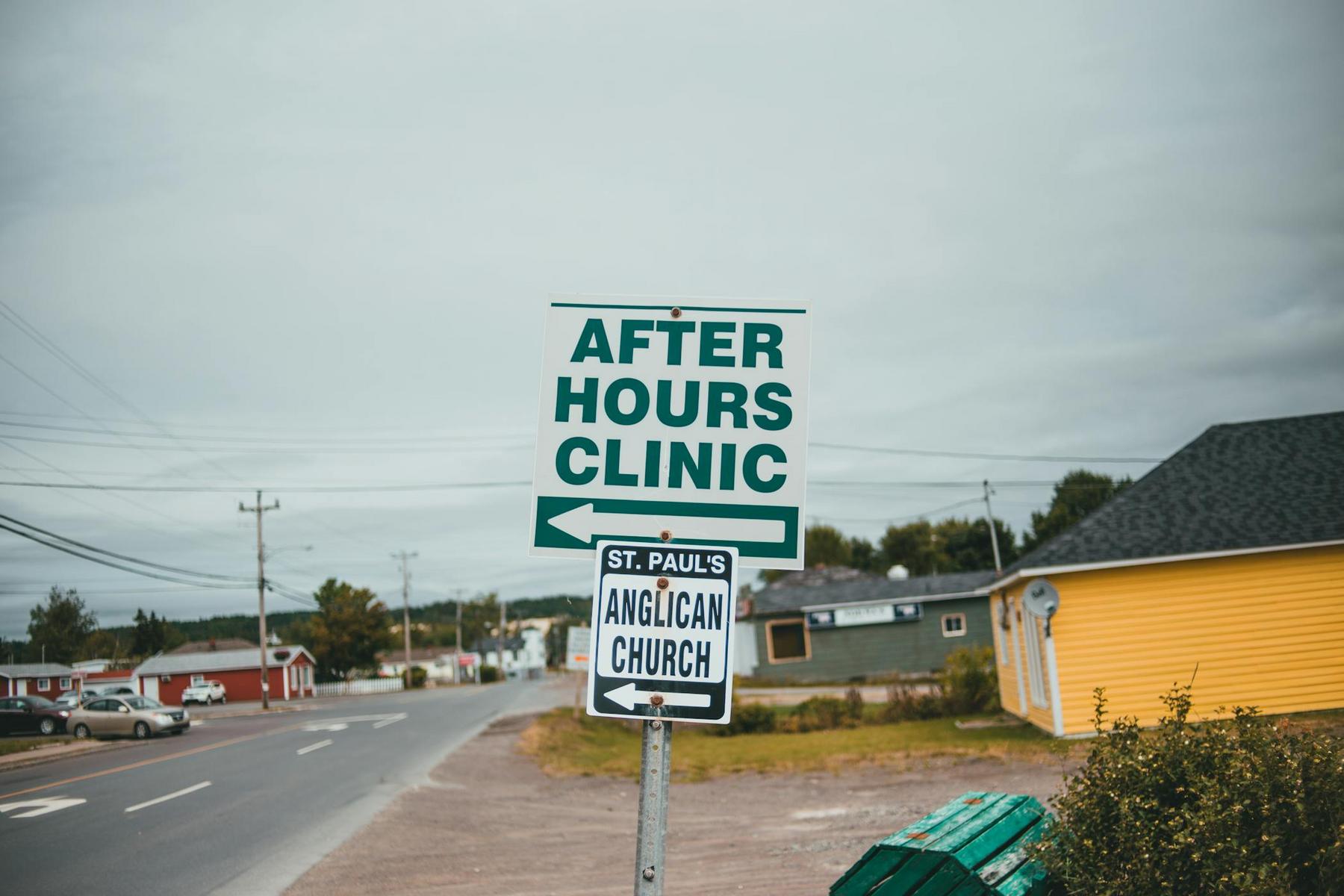In the vibrant city of Cairns, nestled in tropical North Queensland, a revolutionary approach to disability care is transforming lives. Supported Independent Living (SIL) is not just a service; it’s a gateway to freedom, dignity, and personal growth for individuals with disabilities. As we navigate the complexities of modern life in 2025, the importance of fostering independence while providing necessary support has never been more crucial.
What Is Supported Independent Living and Why Does It Matter?
Supported Independent Living is a comprehensive framework designed to empower individuals with disabilities to live autonomously in their own homes or shared living arrangements. This innovative model strikes a delicate balance between providing essential support and promoting personal independence, tailoring services to meet each individual’s unique needs and aspirations.
The significance of SIL extends far beyond basic care. It’s about creating opportunities for people with disabilities to lead fulfilling lives, make their own choices, and actively participate in their communities. In Cairns, where the sense of community is strong and the lifestyle is diverse, SIL plays a pivotal role in ensuring that everyone, regardless of their abilities, can enjoy the region’s rich cultural tapestry and natural beauty.
How Does Supported Independent Living Work in Practice?
At its core, SIL is a flexible and person-centred approach to disability support. It encompasses a wide range of services, each designed to address specific aspects of daily living and personal development. Let’s explore the key components that make up this comprehensive support system:
What Types of Daily Support Does SIL Provide?
SIL offers a spectrum of daily support services, ranging from high-intensity care to more subtle forms of assistance. These include:
- Personal Care: Assistance with hygiene, dressing, and grooming
- Meal Preparation: Support in planning, shopping for, and cooking nutritious meals
- Household Management: Help with cleaning, laundry, and maintaining a safe living environment
- Medical Support: Assistance with medication management and attending healthcare appointments
The level of support is tailored to each individual’s needs, ensuring they receive the right amount of help to maintain their independence while staying safe and healthy.
How Does SIL Foster Community Engagement?
One of the most valuable aspects of SIL is its focus on community integration. Support workers assist individuals in:
- Accessing local services and amenities
- Participating in social activities and events
- Developing and maintaining friendships and relationships
- Engaging in volunteer work or employment opportunities
By facilitating these connections, SIL helps break down barriers and promotes a more inclusive society, particularly in a close-knit community like Cairns.
What Life Skills Development Opportunities Are Available?
SIL is not just about maintaining current abilities; it’s about growth and development. Programs often include:
- Financial management and budgeting skills
- Decision-making and problem-solving techniques
- Time management and organisation strategies
- Communication and social skills enhancement
These skills are crucial for increasing independence and self-confidence, allowing individuals to take greater control of their lives and future.
What Are the Benefits of Supported Independent Living?
The advantages of SIL are multifaceted and profound, touching every aspect of an individual’s life. Let’s examine some of the key benefits:
How Does SIL Improve Quality of Life?
By providing tailored support in a home environment, SIL significantly enhances quality of life. Individuals experience:
- Greater autonomy in daily decision-making
- Improved self-esteem and sense of accomplishment
- Enhanced privacy and personal space
- Opportunities for personal growth and self-expression
These factors contribute to a more fulfilling and satisfying life experience, aligned with one’s personal values and aspirations.
What Impact Does SIL Have on Mental Health and Well-being?
The positive effects of SIL on mental health are substantial:
- Reduced feelings of isolation and loneliness
- Increased sense of purpose and belonging
- Lower stress levels due to appropriate support
- Improved emotional resilience and coping skills
By addressing both physical and emotional needs, SIL creates a holistic approach to well-being that nurtures mental health alongside physical care.
How Does SIL Contribute to Long-term Independence?
SIL is not just about immediate support; it’s an investment in long-term independence:
- Gradual increase in self-reliance
- Development of sustainable life skills
- Building a network of community support
- Creating pathways to employment and further education
These long-term benefits ensure that individuals continue to grow and thrive, potentially requiring less intensive support over time.
How Is Supported Independent Living Implemented in Cairns?
In Cairns, the implementation of SIL is tailored to the unique characteristics of the region:
What Local Resources Are Available for SIL Participants?
Cairns offers a wealth of resources for SIL participants:
- Accessible public transportation systems
- Inclusive community events and activities
- Disability-friendly recreational facilities
- Specialised health services and support groups
These local resources are integrated into SIL programs, ensuring participants can fully engage with all that Cairns has to offer.
How Does the Tropical Climate Influence SIL Programs in Cairns?
The tropical climate of Cairns presents both opportunities and challenges for SIL:
- Outdoor activities and nature-based therapies are incorporated year-round
- Heat management strategies are crucial for participant well-being
- Seasonal considerations affect activity planning and daily routines
- Natural disaster preparedness is an essential component of support plans
SIL providers in Cairns are adept at leveraging the region’s unique environment to enhance the quality of life for participants while ensuring their safety and comfort.
Conclusion: The Future of Independence Through Support
Supported Independent Living represents a paradigm shift in disability care, one that recognises the inherent dignity and potential of every individual. In Cairns, this approach is not just changing lives; it’s reshaping communities and challenging preconceptions about disability.
As we look to the future, the principles of SIL – personalisation, empowerment, and community integration – will continue to evolve, driven by advances in technology and a deeper understanding of diverse needs. The ultimate goal remains constant: to create a world where independence is accessible to all, supported by compassionate care and innovative solutions.
Who is eligible for Supported Independent Living in Cairns?
Eligibility for SIL in Cairns typically requires individuals to be NDIS participants with an approved plan that includes SIL funding. The specific eligibility criteria may vary based on individual needs and circumstances.
How does one apply for Supported Independent Living services?
To apply for SIL services, individuals should contact their NDIS planner or Local Area Coordinator to discuss including SIL in their NDIS plan. They can then choose a SIL provider like [Advanced Disability Management](/about-us/) to deliver the required supports.
Can family members be involved in Supported Independent Living arrangements?
Yes, family involvement is often encouraged in SIL arrangements. Family members can participate in planning, decision-making, and ongoing support, working collaboratively with SIL providers to ensure the best outcomes for their loved ones.
What training do Supported Independent Living support workers receive?
SIL support workers typically undergo comprehensive training in areas such as personal care, first aid, medication management, and disability-specific support. They also receive ongoing professional development to stay updated with best practices in disability care.
How is the quality of Supported Independent Living services monitored?
SIL services are monitored through regular reviews by the NDIS Quality and Safeguards Commission, internal quality assurance processes by providers, and feedback from participants and their families. This ensures that services meet high standards of care and support.



